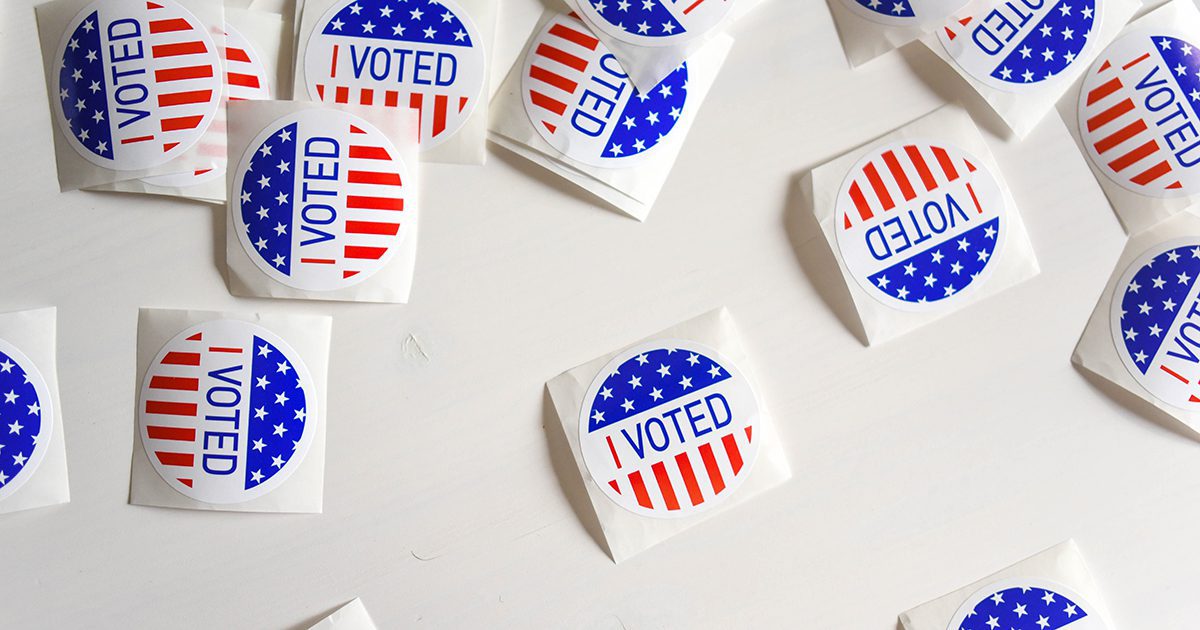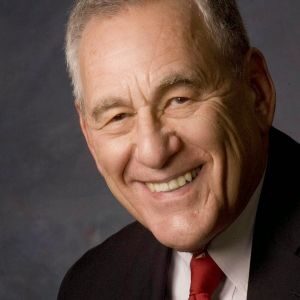The next big splash in the Republican presidential season will come on March 6, called “Super Tuesday,” when more GOP convention delegates will be selected than on any other single day.
In the meantime, the action turns from high-cost primaries to state caucuses, which are a relative bargain. In February, there will be a few caucuses, which are gatherings of the party faithful to record their presidential preferences. Maine is a caucus state. While our local caucuses are spread over a couple of weeks, most will take place on Feb. 11, when the statewide results will be announced.
Only 11 states select a GOP presidential candidate at a caucus. The rest use primary elections. Maine is unusual in allowing caucuses to take place over an extended period instead of on a single day.
Before 1972, the nominees were usually picked in the legendary “smoke-filled rooms” by a handful of party bosses, whose political machines could turn out the vote for the anointed candidate. Then, the Democrats began to require a more open process, and the Republicans soon followed suit.
The result of opening the political process is that old-style bosses and their organizations now count for relatively little, and the candidates and their backers try to build their own machines and pay for massive media budgets.
The process of picking a party’s nominee always involves fewer people than will vote for the party’s candidate on Election Day. That’s especially true for caucuses, where participation falls far below that of primaries. In this year’s Iowa caucuses, the participants equaled only 18 percent of the number of GOP voters in the last presidential election. In New Hampshire’s primary, participation was much higher, with primary voters equaling 78 percent of the number of GOP voters in the 2008 election.
In Maine, the Republican caucuses can expect to turn out only a small fraction of GOP voters. One reason is that there will be relatively few caucus sites compared with the number of municipal voting places. For example, in huge Aroostook County, bigger than Connecticut and Rhode Island combined, there are only three caucus sites this year. Of course, weather can also be a factor.
Another reason for a lower turnout is that many general election voters are less committed to the political process or a candidate than are the party activists who participate in Republican affairs on a regular basis. Going to a caucus takes more time than simply voting, so the less active party voters tend to stay away.
Finally, only party members can participate in caucuses. Primaries in some states may be more or less “open,” allowing for independents or even members of the opposition party to participate. In the New Hampshire GOP primary this year, independents could vote.
Political analysts have found that Republican or Democratic caucus participants are likely to represent the more extreme political views among party voters. Republican caucus voters are more conservative and Democratic caucus voters more liberal than the average voter for their parties’ candidates in November. The same is true, though to a lesser extent, for primary voters. That may explain why moderate voters are often unhappy with the choices they face in the general election.
Candidates often spend a lot of money per vote during the delegate selection process. Costs are usually higher in primary states where campaigns buy television commercials. In caucus states, less paid media is used.
This year, Ron Paul, the Texas congressman, has said he is concentrating on the lower-cost caucus states, where political organization matters more than media, and he has stumped in Maine. He hopes to collect enough support to prevent any other candidate from sewing up the nomination before the Republican National Convention this summer.
Often the early primaries and caucuses determine the nominee. That explains the rush to schedule the vote early in states like Iowa, with the first caucus, or New Hampshire, with the first primary. Early losers can find their financial support drying up, and a surprisingly good showing can produce contributions to a long-shot candidate.
When the race seems have been settled early, later primaries and caucuses, some occurring as late as June, don’t really mean much, and participation may be low. In past years, Maine’s caucuses, even when held in February, have often come too late to matter. This year, with the race not yet decided, they may help determine the Republican nominee.
What about the Democrats with an incumbent president? For them, caucuses and primaries help get their candidate more news coverage and build the party organization. Maine Democrats will caucus in each municipality on Feb. 26.







